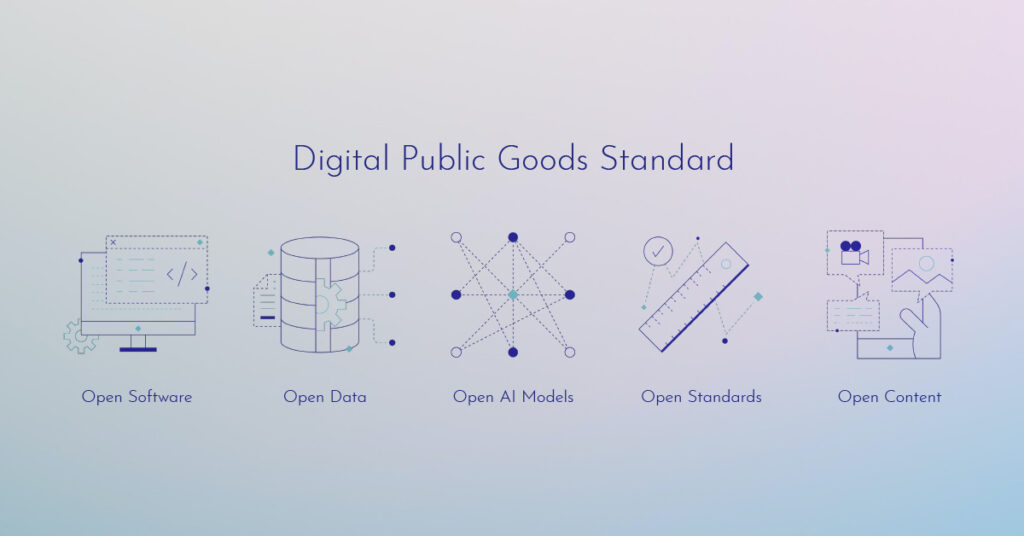With upcoming elections around the world, over two billion people will vote this year. These present diverse challenges to democracy, as deep fakes and falsehoods spread throughout social media, mounting misinformation.
In this context, the Digital Public Good Alliance (DPGA) is spotlighting different key technologies to fight misinformation, including Uwazi, HURIDOCS’ open-source flagship tool. These tools increase transparency, provide verified data, and enable monitoring of digital platforms and public discourse, helping to safeguard electoral processes and democracy.
Among Uwazi, five tools were highlighted. CKAN facilitates open access to electoral data, while Open Terms Archive ensures accountability of digital platforms. Querido Diario provides transparency in municipal policies, Feluda analyses data collected from social media to identify deep fakes, and Ushahidi enables crowd-sourced mapping and data collection for election monitoring.
The Digital Public Goods Alliance
Digital public goods (DPGs) are open source software, open data, open AI models, open standards and open content that adhere to privacy and other applicable laws, use best practices, do no harm, and help to attain the Sustainable Development Goals (SDGs). Digital public goods are freely and openly available and can be distributed, adapted and reused with minimal restrictions.

The Digital Public Goods Alliance, a multi-stakeholder initiative endorsed by the United Nations Secretary-General, promotes digital public goods to create a more equitable world. Open projects that have the potential to tackle global challenges and adhere to open principles as defined by the Digital Public Goods Standard are recognised as digital public goods. The DPG Standard itself is an open project and open to contribution on the public GitHub repository.
In 2022, Uwazi was certified as a DPG, which recognised it as a high-quality, open-source digital solution that plays a critical role in the attainment of the SDGs. At the time, Uwazi joined 27 other projects that are recognised as a DPG under SDG 16 (Peace, Justice and Strong Institutions).
Are you working on safeguarding electoral processes and the monitoring of misinformation? Contact us to explore how we can enhance your documentation efforts.
